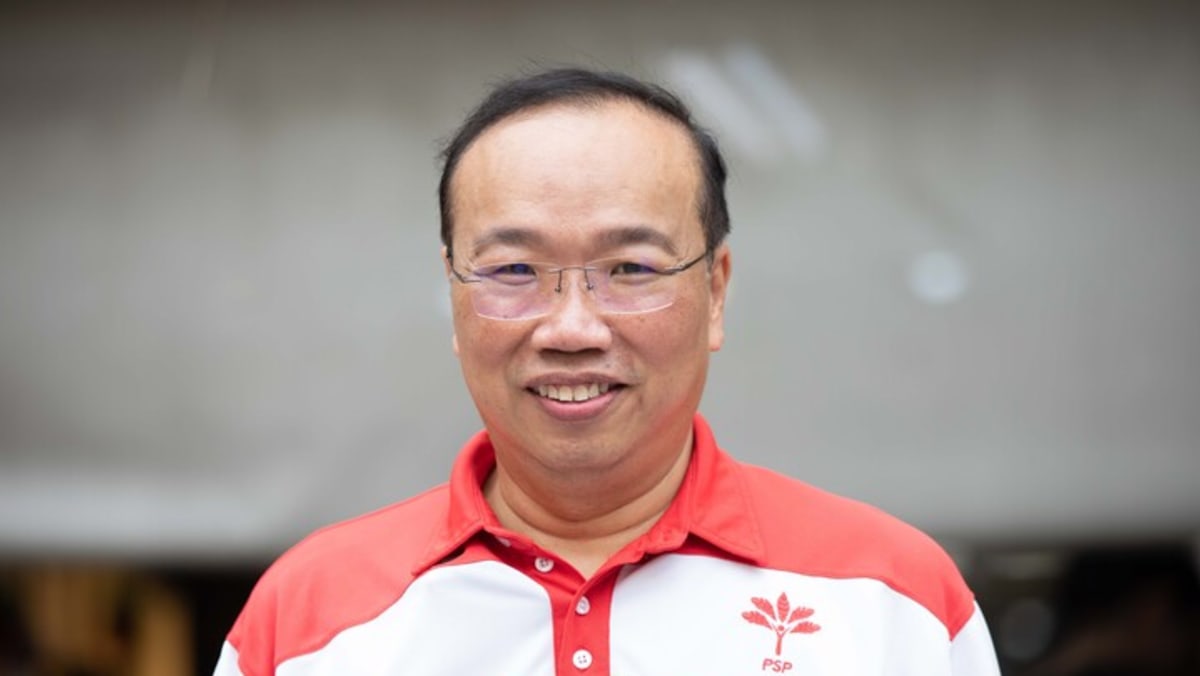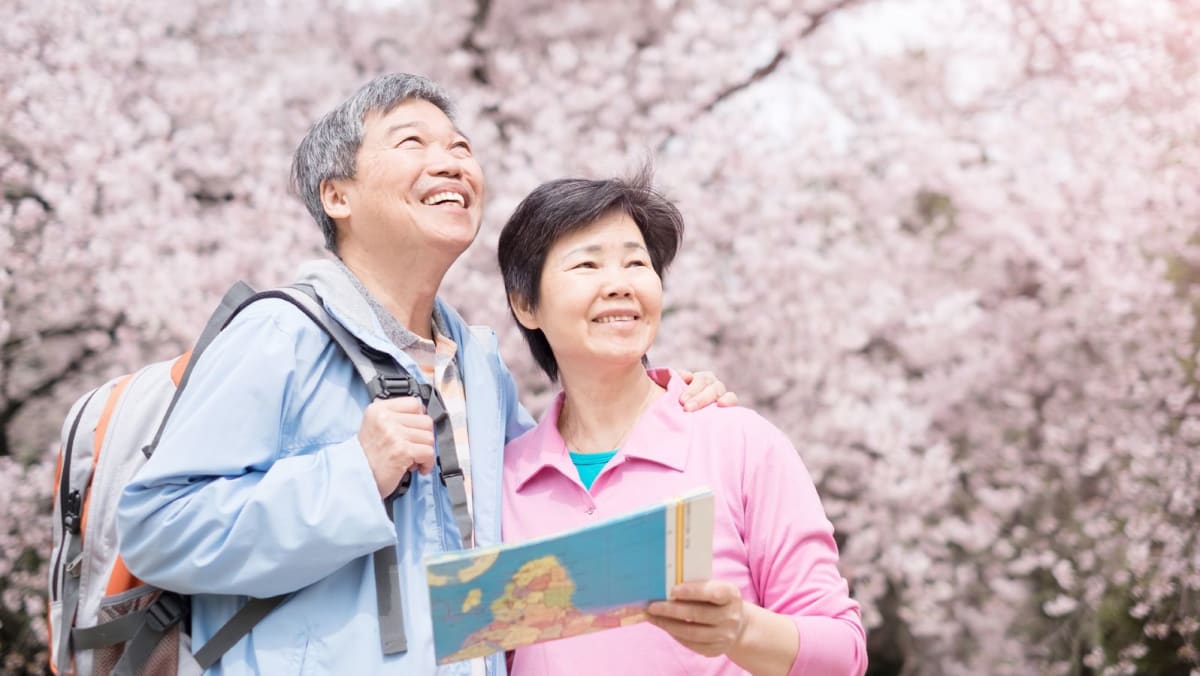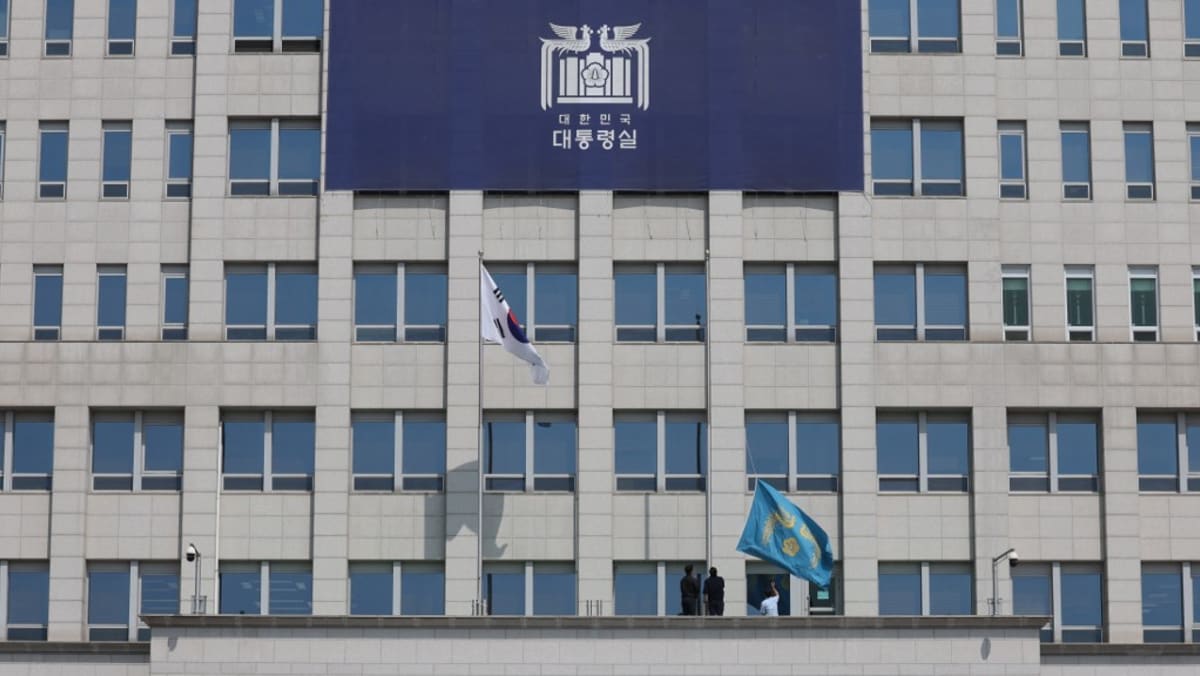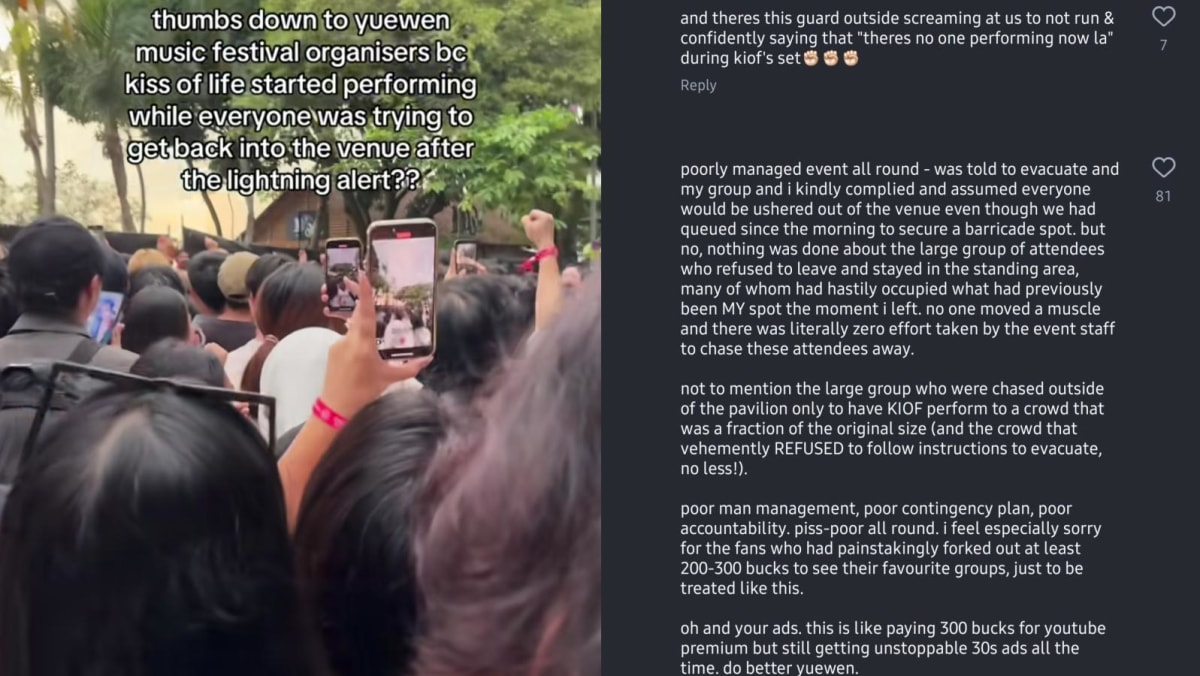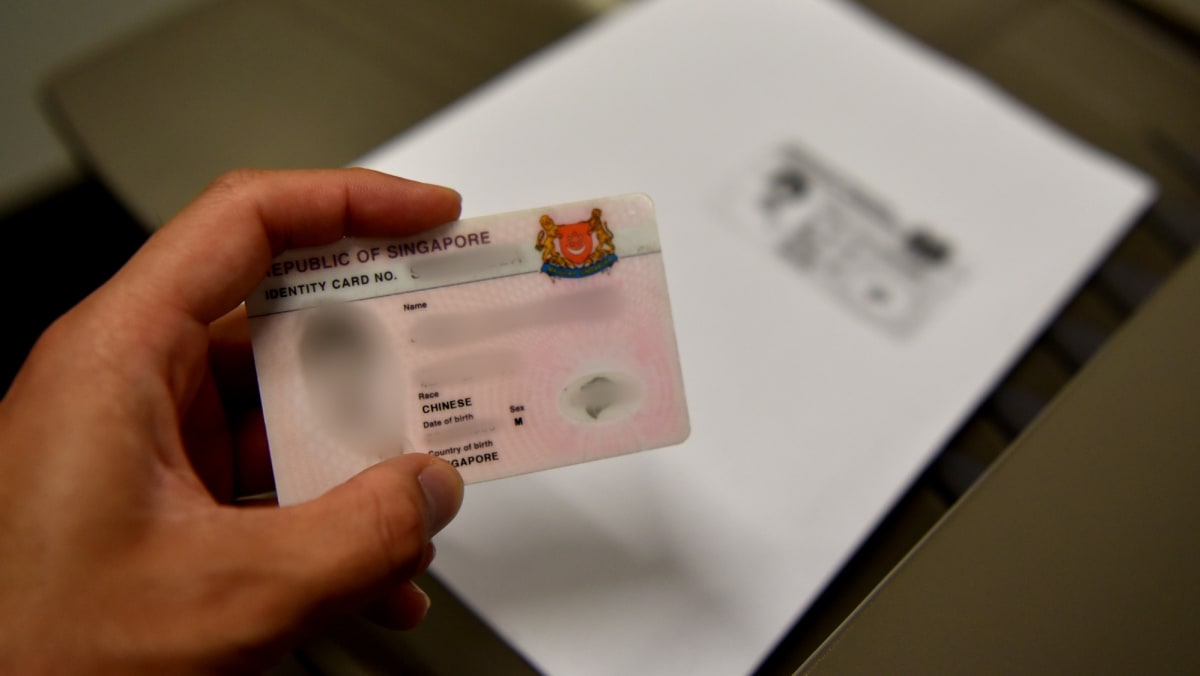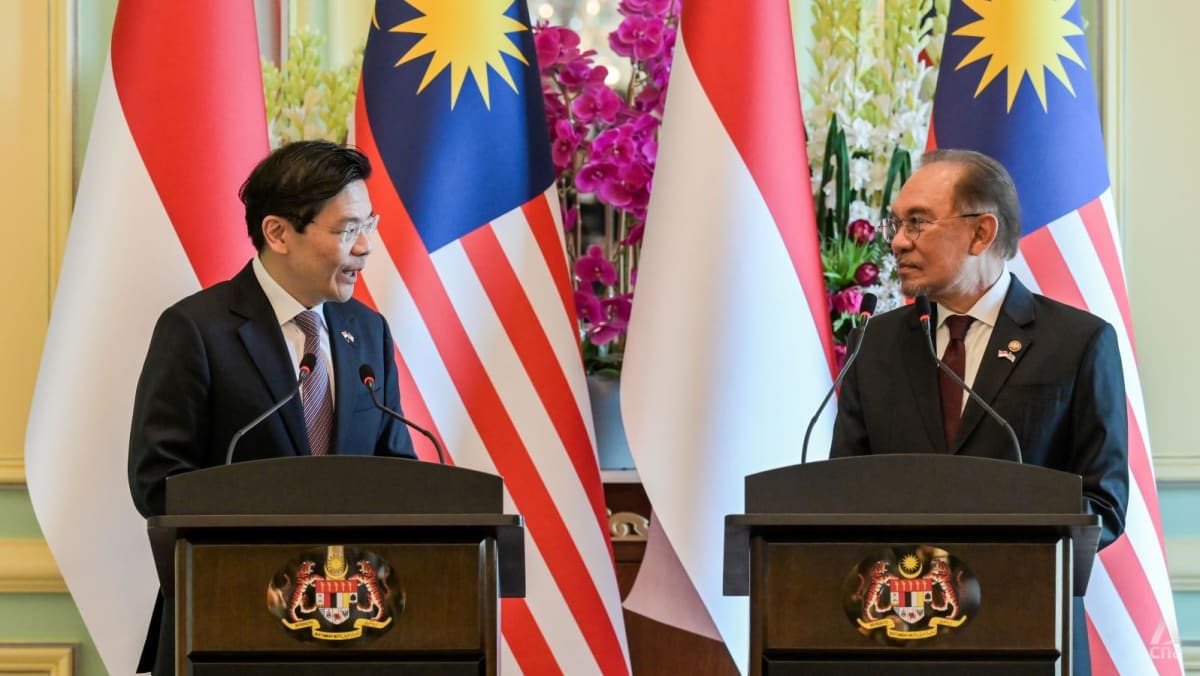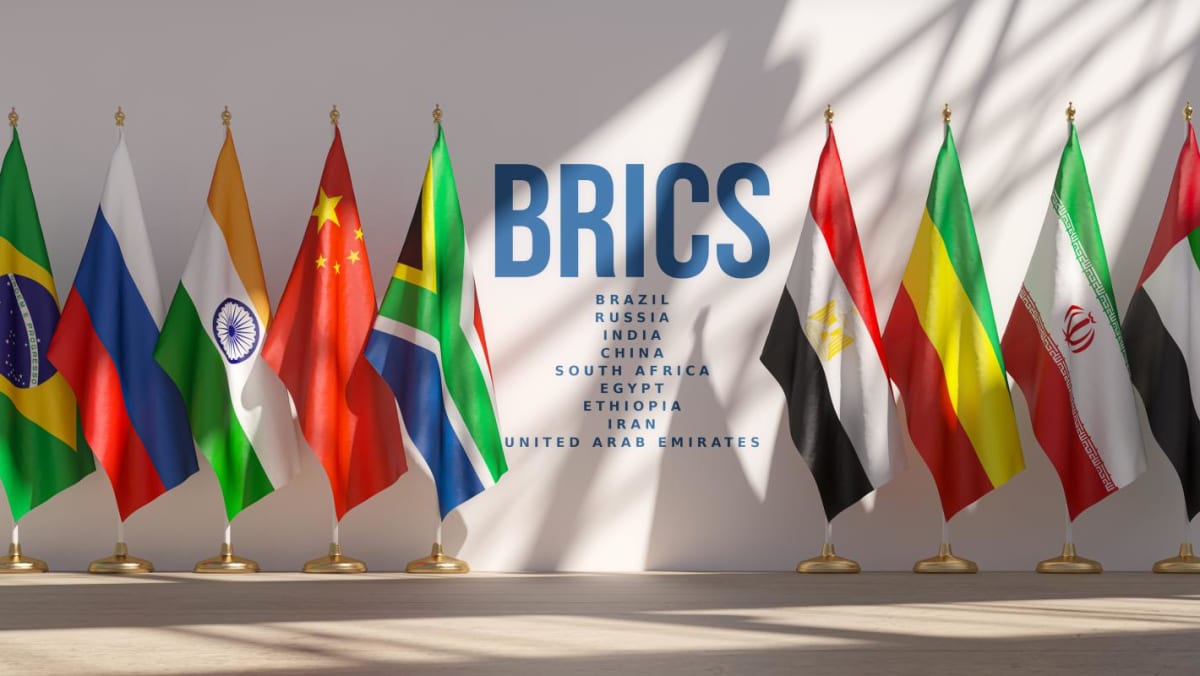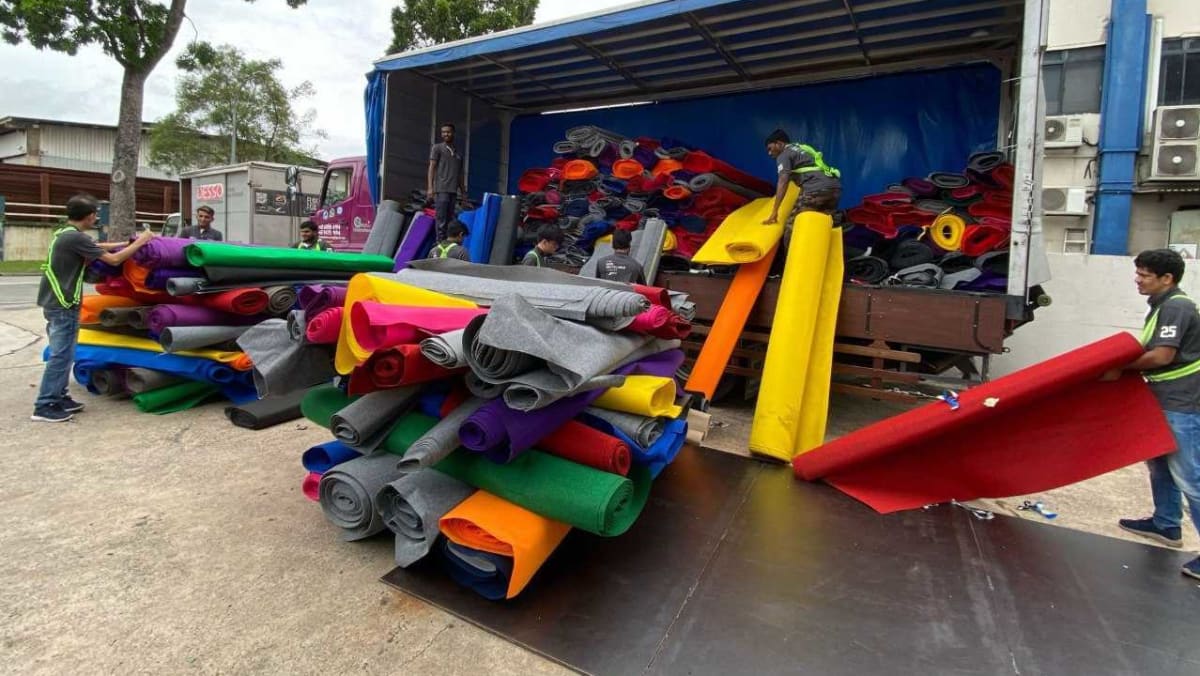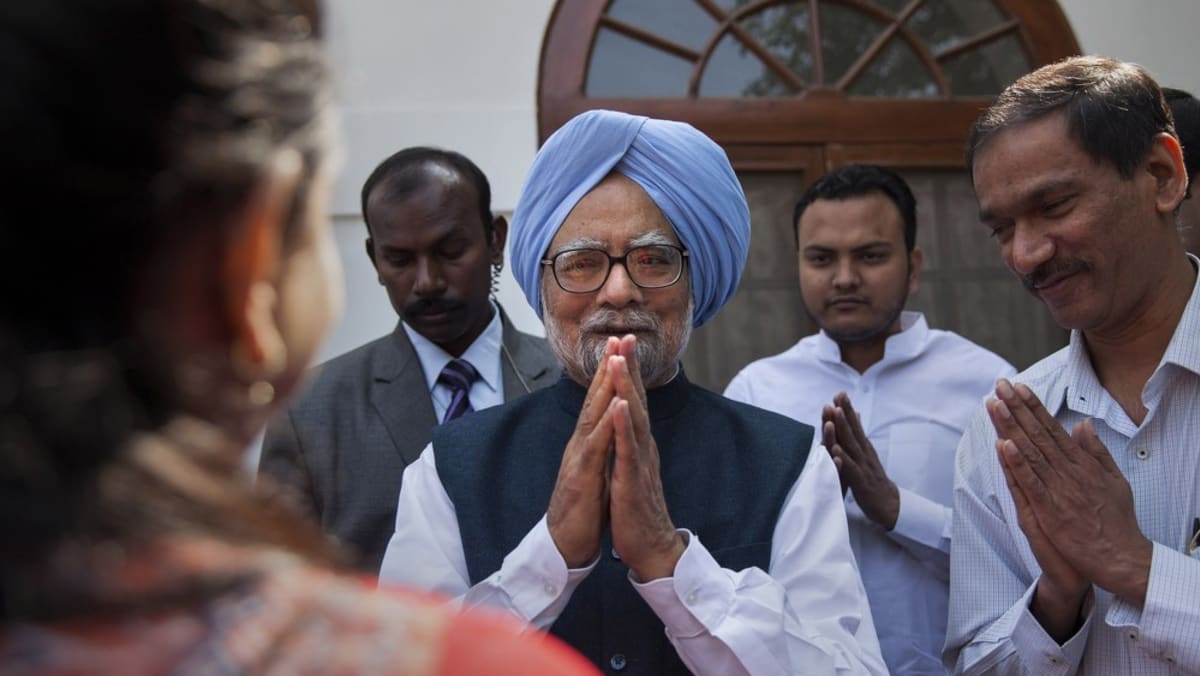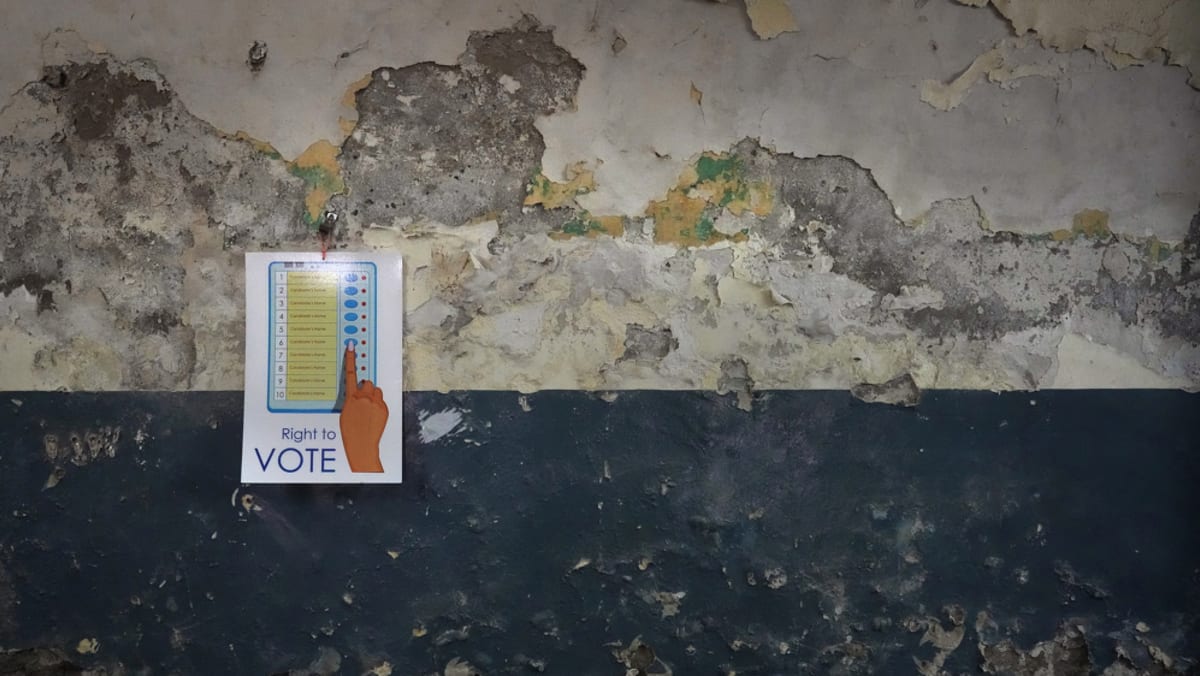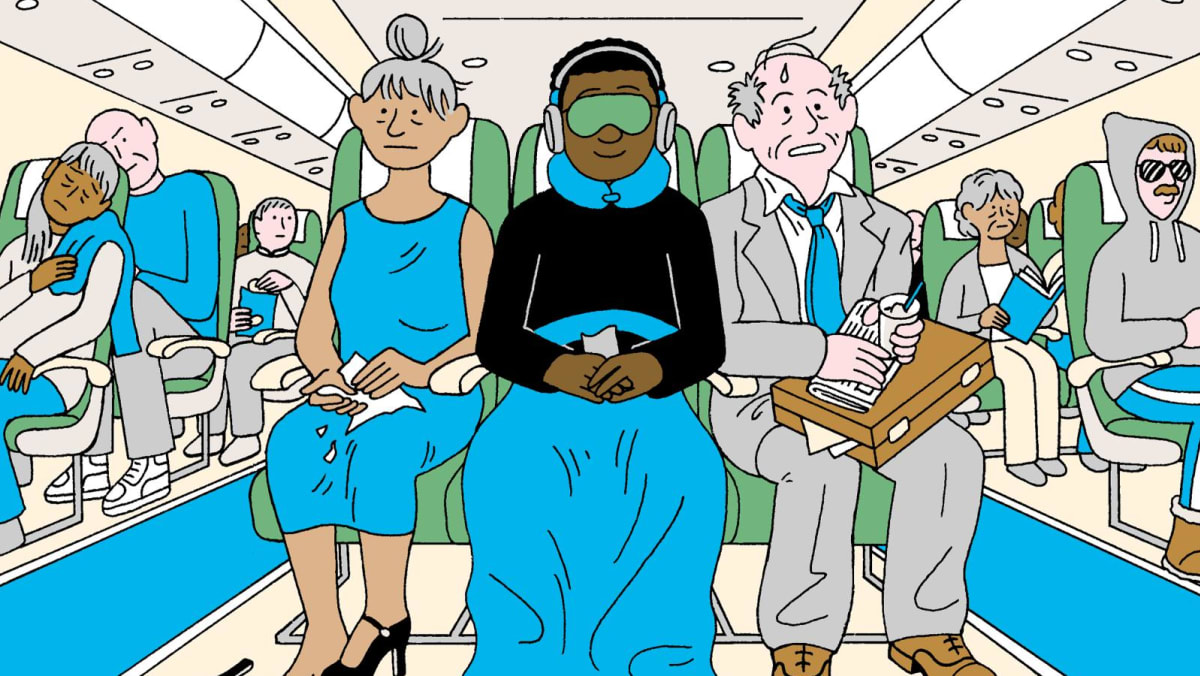The Maintenance of Racial Harmony Bill was first mooted in 2021 by then-Prime Minister Lee Hsien Loong.
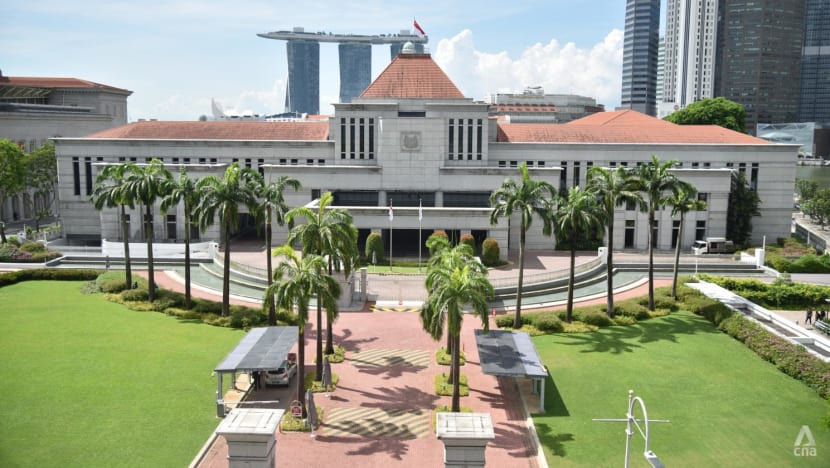
Parliament House in Singapore. (File photo: CNA/Syamil Sapari)
New: You can now listen to articles.

This audio is generated by an AI tool.
SINGAPORE: Singapore on Tuesday (Jan 7) formally proposed a law to safeguard racial harmony, comprising a suite of measures including restraining orders and community remedial initiatives.
Race-based entities here could also be designated under the new legislation, to protect against malicious foreign influence, the Ministry of Home Affairs (MHA) said in a press release on Tuesday.
The Maintenance of Racial Harmony Bill was earlier introduced in parliament by Minister of State for Home Affairs and for Social and Family Development Sun Xueling.
Such a law was first mooted in 2021 by then-Prime Minister Lee Hsien Loong during his National Day Rally, who said then that the government would introduce specific legislation to consolidate its existing powers to deal with racial issues while strengthening its ability to deal with threats to racial harmony.
It would also signal that racial harmony is equally important to Singapore society as religious harmony, which has had a dedicated piece of legislation since 1990 with the Maintenance of Religious Harmony Act (MRHA).
While Tuesday’s tabled legislation is new, it “takes close reference from existing legislation" in the form of the MRHA and Penal Code, said MHA.
“The scope of unacceptable conduct regarding race relations will remain substantively the same as today."
MHA said it had engaged the public on the Bill, including through an online consultation on the Ministry of Digital Development and Information’s REACH website, which received over 100 pieces of feedback.
It also organised 17 in-person sessions, engaging with around 300 community leaders, representatives of race-based entities and members of the public.
An online poll was also conducted in August last year to gather public sentiments towards racial harmony in Singapore and the proposed Bill. This involved 1,051 Singapore residents aged 15 years and older, cutting across gender, age and racial groups.
“The large majority of those consulted supported the proposals in the Bill,” said MHA.
ALIGNED WITH EXISTING RELIGIOUS HARMONY LAW
MHA said the key proposals under the new Bill “closely align with the MRHA”.
For instance, it will let the Minister for Home Affairs – currently Mr K Shanmugam – issue Restraining Orders (ROs) to those involved in the “communication, production or distribution of content that prejudices the maintenance of racial harmony in Singapore".
One difference is that ROs under the new Bill will not preclude the mixing of race and politics, in contrast with those under the MRHA which are issued to prevent the mixing of religion and politics.
“This recognises that elements of our political system already have a racial element to them, which is intended precisely to safeguard against race-based politics,” said MHA, citing the example of ensuring fair racial representation in the country’s political process.
How Restraining Orders for racial harmony would work
Under the new Bill, the process for a racial content Restraining Order (RO) begins with the Minister for Home Affairs deciding to issue one against an individual or entity, “for conduct that causes feelings of enmity, hatred, ill will or hostility between different races in Singapore”, said MHA.
It will indicate the specific activities that the person is prohibited from doing and the duration of the RO, which can be up to a maximum of two years.
They could be prohibited from communicating or distributing specific information or material, or from addressing a specified audience on a specified subject.
The RO could also require them to “take all reasonably practicable steps to ensure that any specified information or material is no longer available to the general public in Singapore”, said MHA.
They could also be prohibited from printing, editing, assisting or contributing to a specified publication, or holding office in its editorial board or committee.
“A copy of the RO, as well as the grounds, facts, and documents supporting the RO, is given to the person, at which point it takes immediate effect,” said MHA.
A copy of those documents are given to the Presidential Council for Racial and Religious Harmony (PCRRH) at the same time.
The RO’s recipient can make written representations to the PCRRH within 14 days of being issued with the order, and the council must within 44 days of the issuance make its recommendation on whether the RO should be cancelled, confirmed or varied.
This recommendation is sent to both the president and the Cabinet, which also gives its own advice to the president on the steps to take regarding the RO.
If the Cabinet and the PCRRH have differing views, the president may act at his own discretion to make the final decision. He must do so within 30 days of receiving the council’s recommendation.
The Home Affairs Minister can also issue foreign influence ROs to specified race-based entities in Singapore.
These aim to “pre-empt, prevent, or reduce foreign influence that may undermine racial harmony, and present a threat to public peace and public order in Singapore”, said MHA.
Such ROs would prohibit an entity from accepting donations from a specified foreign principal, or any anonymous donation. They would have to return or dispose of any that they receive.
They are also prohibited from forming or maintaining an affiliation with a foreign principal, and can be disallowed from appointing certain individuals to their governing body.
The penalties for violating an RO are a fine of up to S$10,000 or imprisonment for up to two years, or both.
Collapse Expand
The Home Affairs Minister can also offer an alleged offender the choice of undertaking a community remedial programme, instead of being prosecuted for offences in the Bill.
“Racial incidents not only impact the victim, but also damage the ties between different racial groups in Singapore. Criminal prosecution alone will not be able to repair community ties,” said MHA.
This Community Remedial Initiative for Racial Offences (CRI-Race) is similar to the CRI regime in the MRHA, and will provide alleged offenders the opportunity to learn from and make amends for their racist conduct, thereby soothing communal tensions and repairing ties between the communities, said the ministry.
The satisfactory completion of a community remedial programme can be taken into account by the Public Prosecutor in deciding
whether to prosecute a race-related offence under the Bill.
“That said, the CRI-Race will not be offered if the offence is egregious," it added. "In such a case, the alleged offender will be recommended for criminal prosecution, to send the right signal that such conduct will not be tolerated."
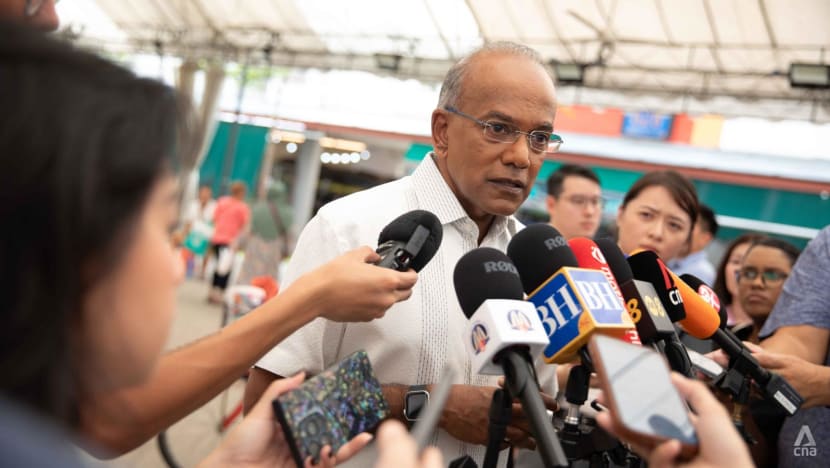 Law and Home Affairs Minister K Shanmugam speaking to the media on Oct 18, 2024. (Photo: CNA/Lim Li Ting)
Law and Home Affairs Minister K Shanmugam speaking to the media on Oct 18, 2024. (Photo: CNA/Lim Li Ting)
SAFEGUARDING AGAINST FOREIGN INFLUENCE
MHA also said that Singapore was vulnerable to external actors looking to exploit race or undermine the country's racial harmony, for their agenda.
“Organisations that promote the interests of a racial group or sub-group are potential entry points for such influence,” it added.
The new Bill will thus introduce safeguards against this threat.
While the MRHA applies the safeguards to all religious groups, those in the new Bill will apply only to race-based entities designated by the authorities.
“Race-based organisations are a much larger and more diverse group, and it is neither necessary nor desirable at this juncture for such safeguards to apply to all race-based organisations,” MHA said.
Entities may be designated if their objectives and activities represent the interests of any race or issues relating to it, and that “designation is deemed necessary or expedient to pre-empt, prevent or reduce any foreign influence that may undermine racial harmony in Singapore”.
For a start, over 300 clan and business associations linked to the Chinese, Malay and Indian races will be designated under the Bill.
MHA said it would not preclude designating entities of other races or other types of entities in the future.
“MHA had conducted engagements with representatives from these race-based entities and they understood the need for the baseline measures. MHA will be reaching out to them again in due course on the designation process,” said the ministry in the press release.
Measures include requirements to disclose foreign and anonymous donations accepted, along with all foreign affiliations.
A designated group will also have to ensure that more than half of its governing body comprises Singapore citizens, and that responsible officers are Singapore citizens or permanent residents.
MHA said it would take "at least a year to operationalise all the proposals" in the Bill.
"We preliminarily estimate that we will designate more than 300 race-based entities. The full list will be published in due course."
RACE-RELATED PENAL CODE OFFENCES
The new Bill will also port over and update race-related offences from existing legislation in the Penal Code.
For instance, while inciting violence in general is already an offence under the Penal Code, the Bill will introduce “a specific offence relating to urging violence on the grounds of race, and prescribe increased penalties for such conduct”, said MHA.
The penalty here will be jail of up to ten years or a fine or both.
The offence of inciting enmity, hatred, ill will or hostility against a racial group will also be ported over.
Currently, Section 298 of the Penal Code makes it an offence to utter words with the deliberate intent to wound the racial feelings of any person.
This will similarly be ported over to the new Bill, with the term “wound racial feelings” replaced with objective descriptions such as “insults, vilifies, denigrates, threatens or abuses on the basis of race”. This is to provide greater clarity, said MHA.
The latter two offences, the penalties will be imprisonment of up to five years or a fine or both.
Defences present in the MRHA will also be introduced in the new Bill, including the defence of private communication allowing people to have a safe space to freely discuss race in a private setting, and the defence of pointing out matters in good faith which will allow people to call out perceived racism.
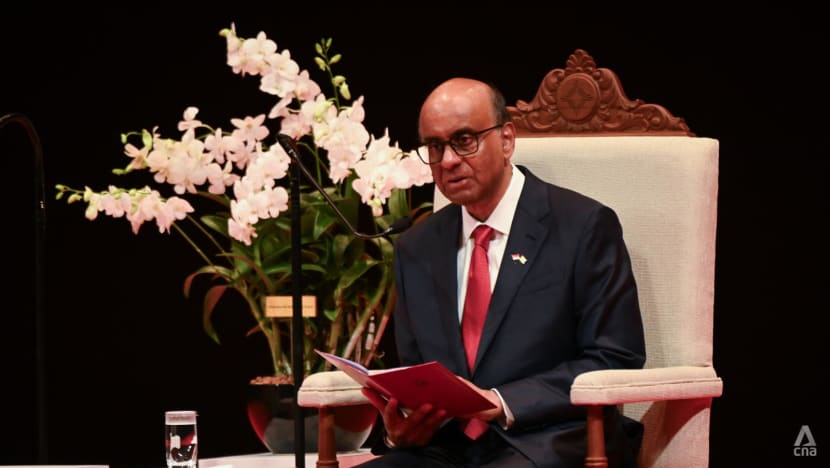 Singapore President Tharman Shanmugaratnam speaks before the Pope’s state address at the NUS University Cultural Centre on Sep 12, 2024. (Photo: CNA/Syamil Sapari)
Singapore President Tharman Shanmugaratnam speaks before the Pope’s state address at the NUS University Cultural Centre on Sep 12, 2024. (Photo: CNA/Syamil Sapari)
EXTENDING SCOPE OF PRESIDENTIAL COUNCIL
Under the new Bill, the Presidential Council for Religious Harmony (PCRH) established under the MRHA will be replaced with a Presidential Council for Racial and Religious Harmony (PCRRH).
To ensure adequate representation of major racial and religious communities, the new body will be larger, with between 10 and 20 members compared with six and 15 previously.
“The PCRRH is independent of the government and will perform the same functions as the PCRH, but with an expanded scope to cover race-related matters as well,” said MHA.
These include making recommendations to the president – currently Mr Tharman Shanmugaratnam – on Restraining Orders under the new Bill or the MRHA.
The PCRRH can also report to the Minister on matters affecting the maintenance of racial and religious harmony in Singapore, referred to it by either the Minister or parliament.
Singapore's Constitution will also be amended to give effect to a presidential safeguard against the issuance of ROs under the new Bill, said MHA.
Under the Bill, if Cabinet and the PCRRH have differing views towards cancelling, confirming or varying an RO, the president may act at his own discretion to make the final decision.
“The Constitution already contains similar provisions in respect of ROs under the MRHA, and these provisions are being extended for the purposes of the Bill,” said MHA.



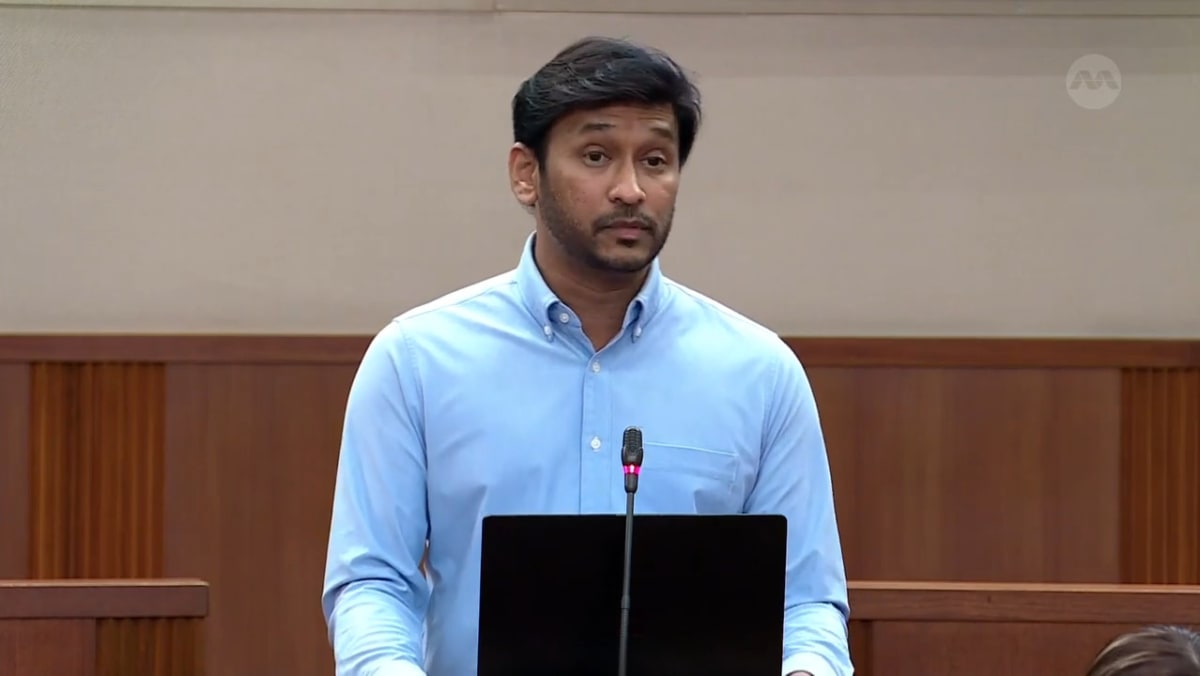
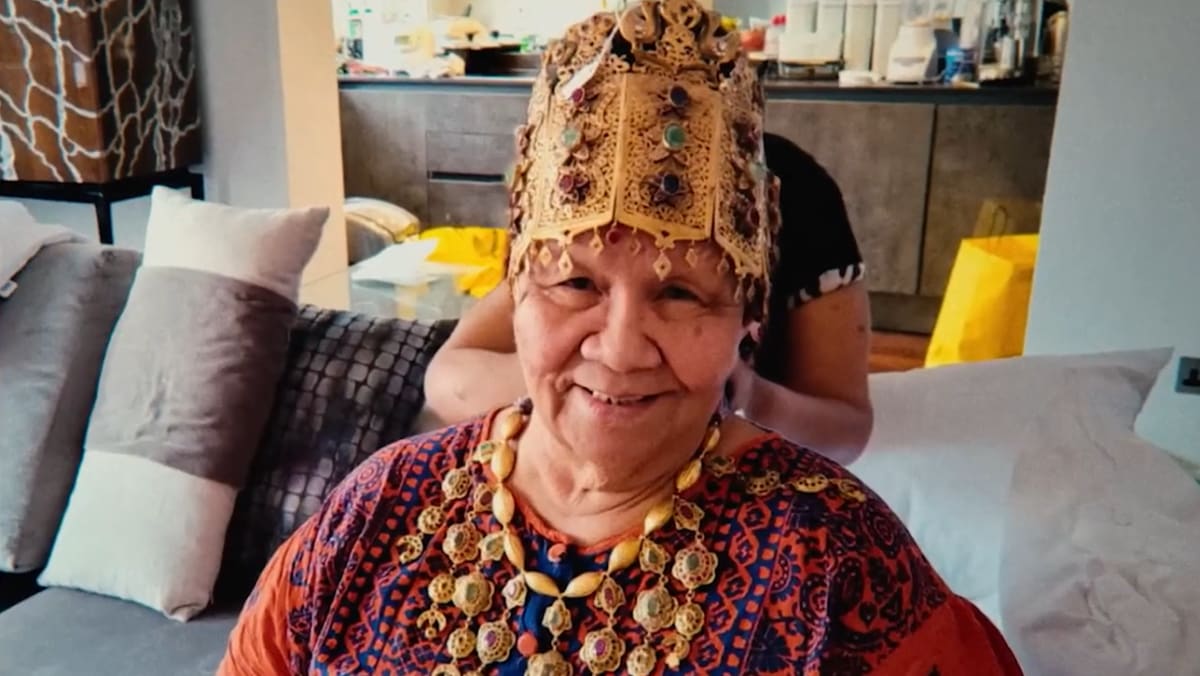
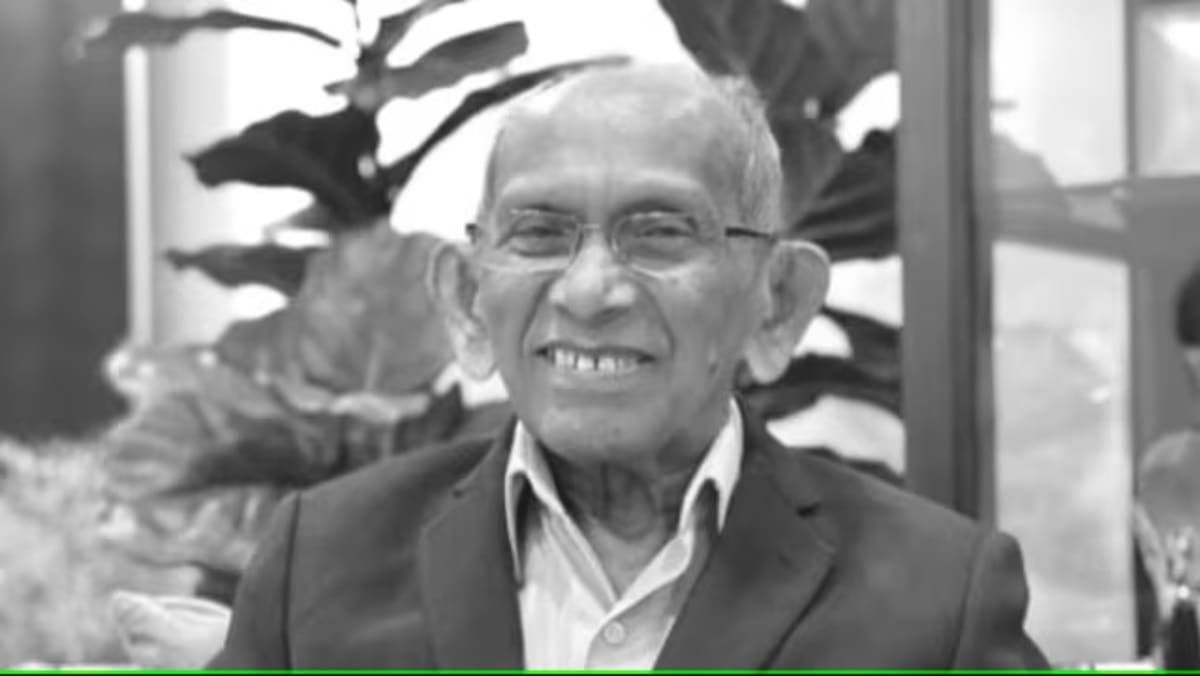
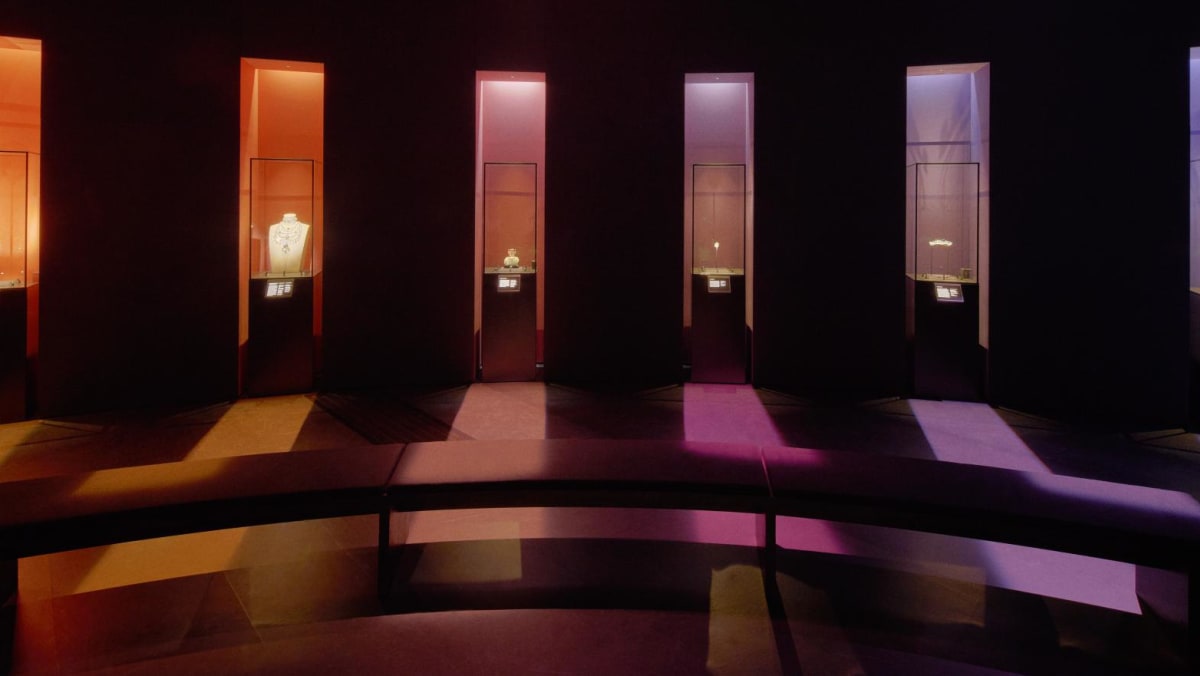
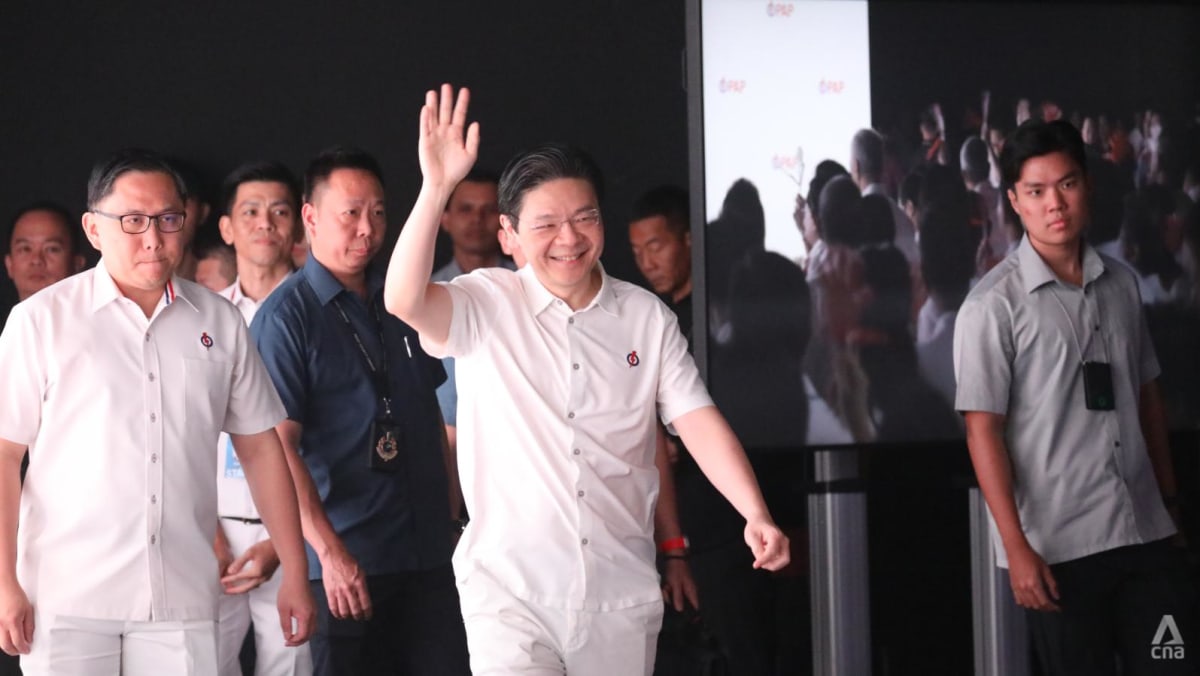
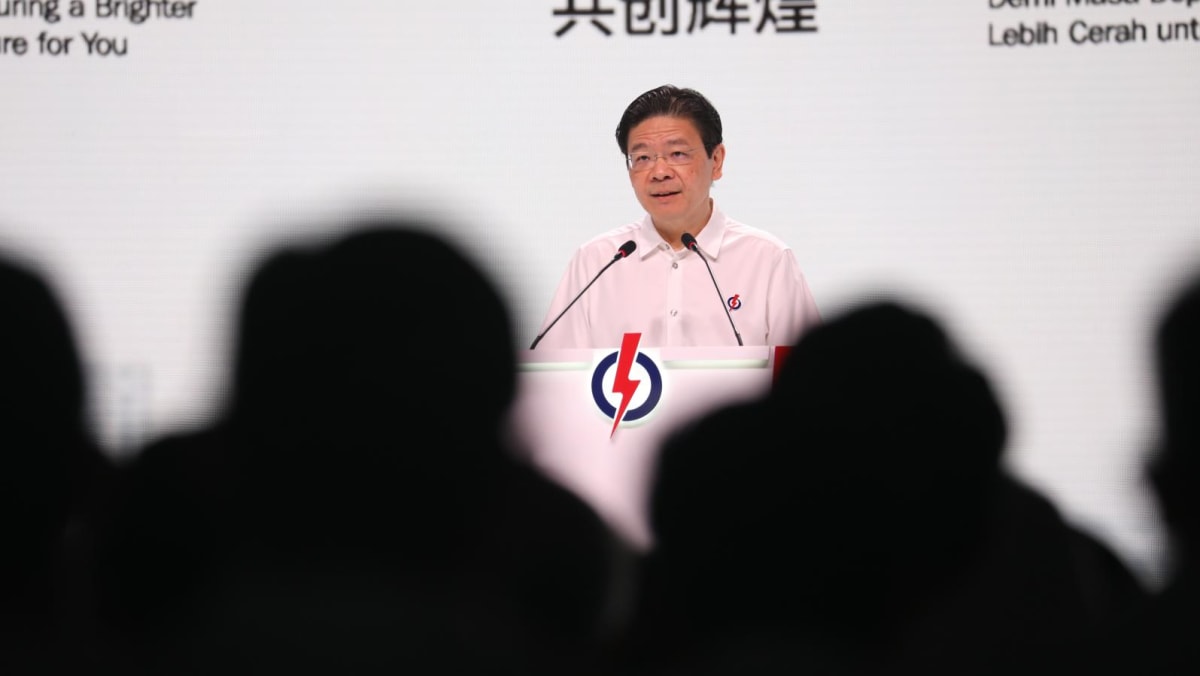
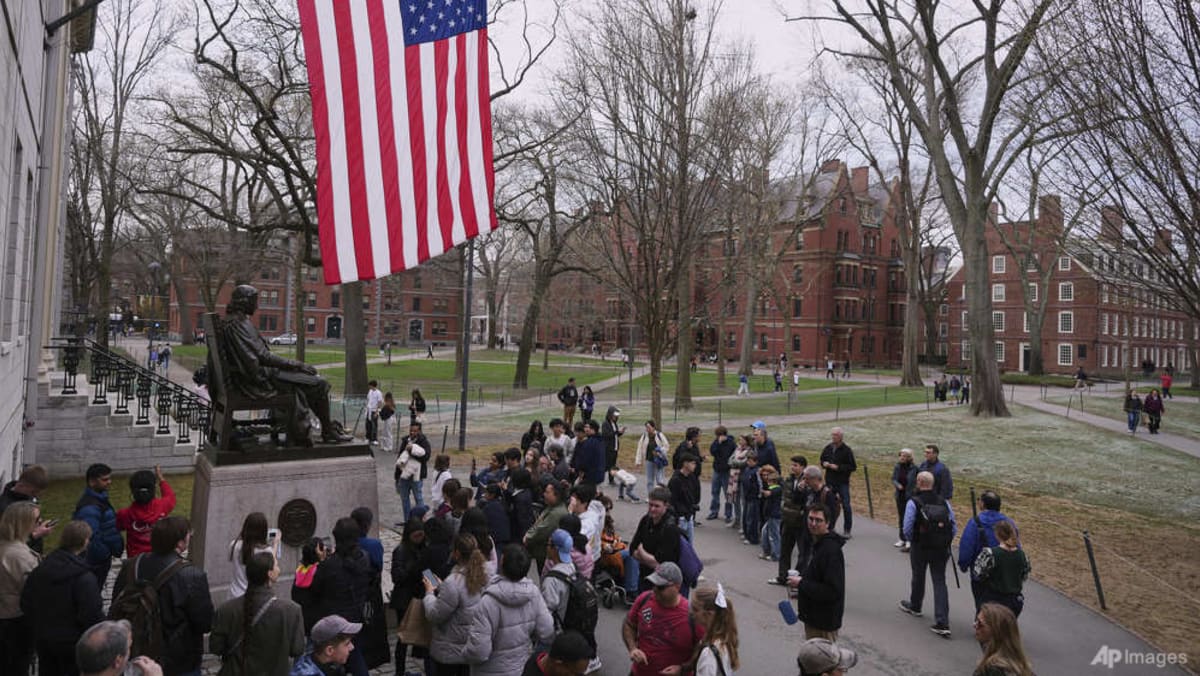
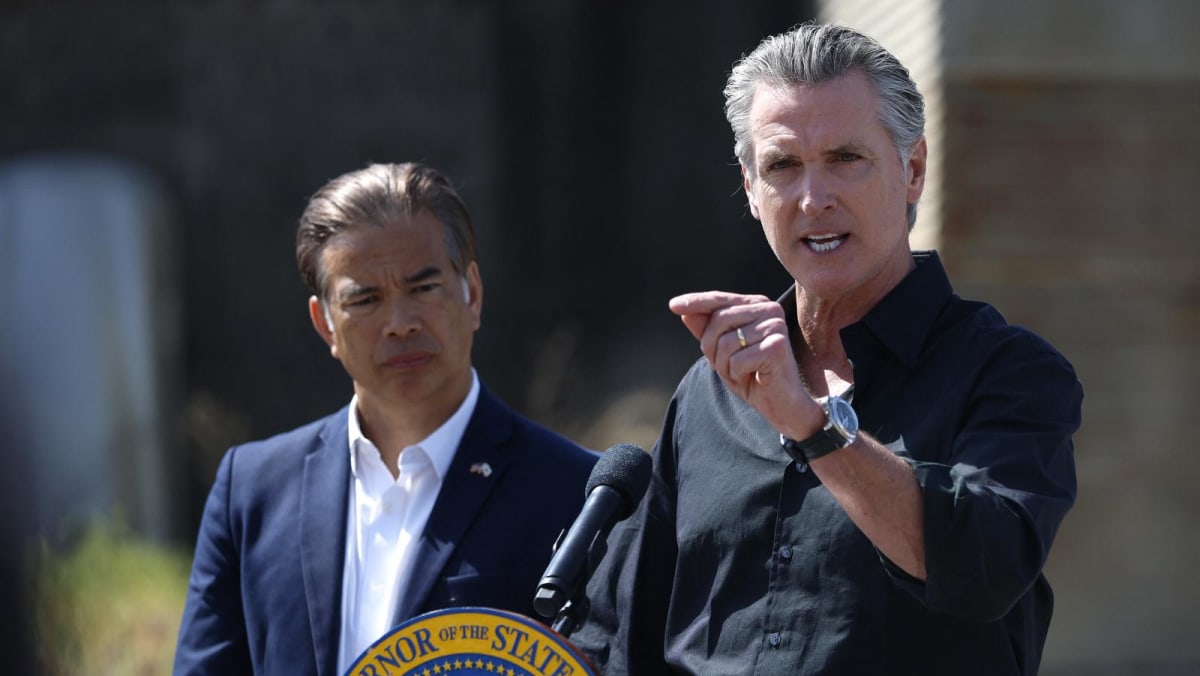

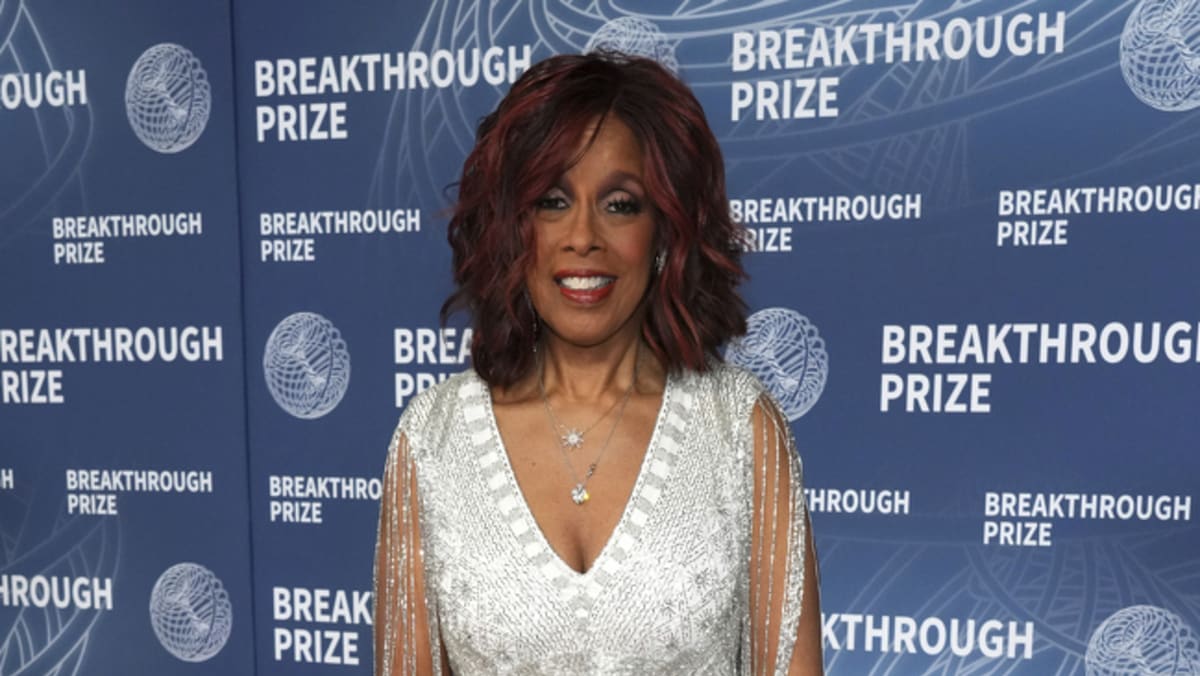

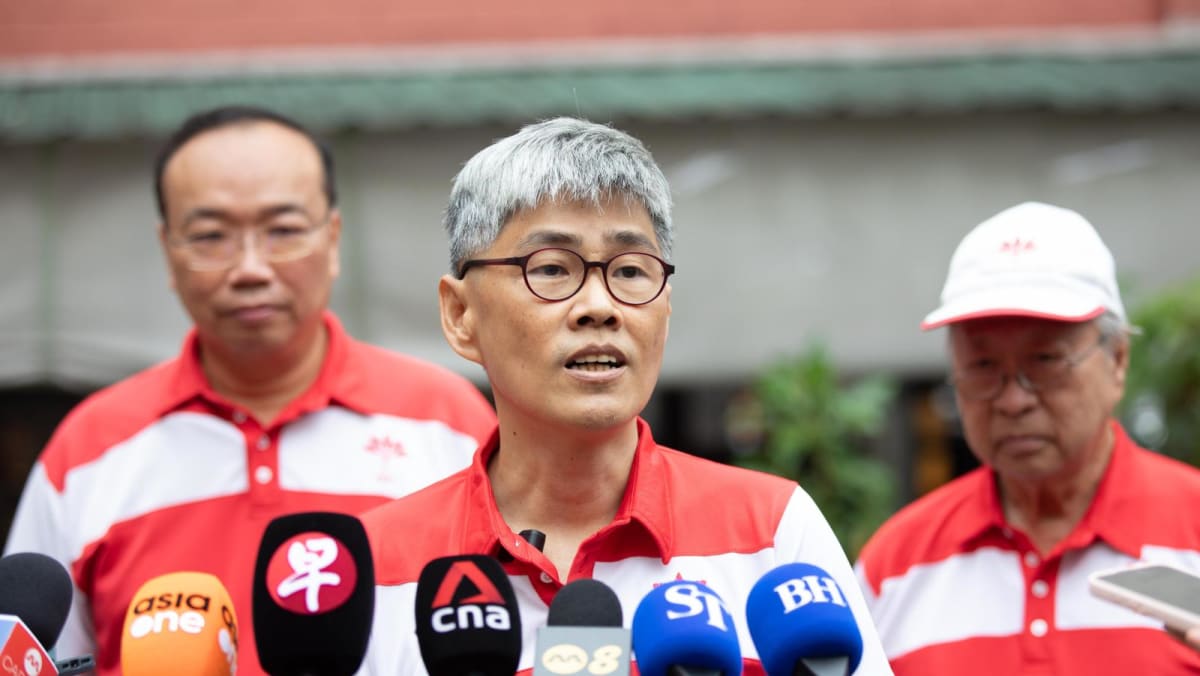
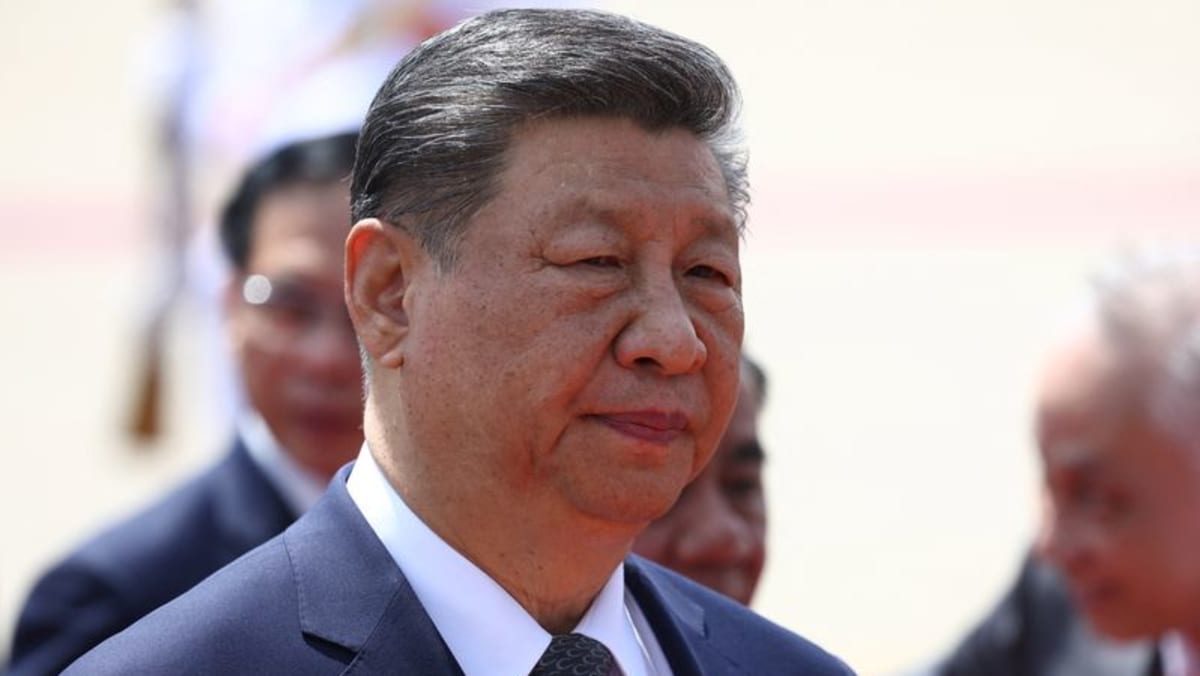
.png?itok=erLSagvf)
